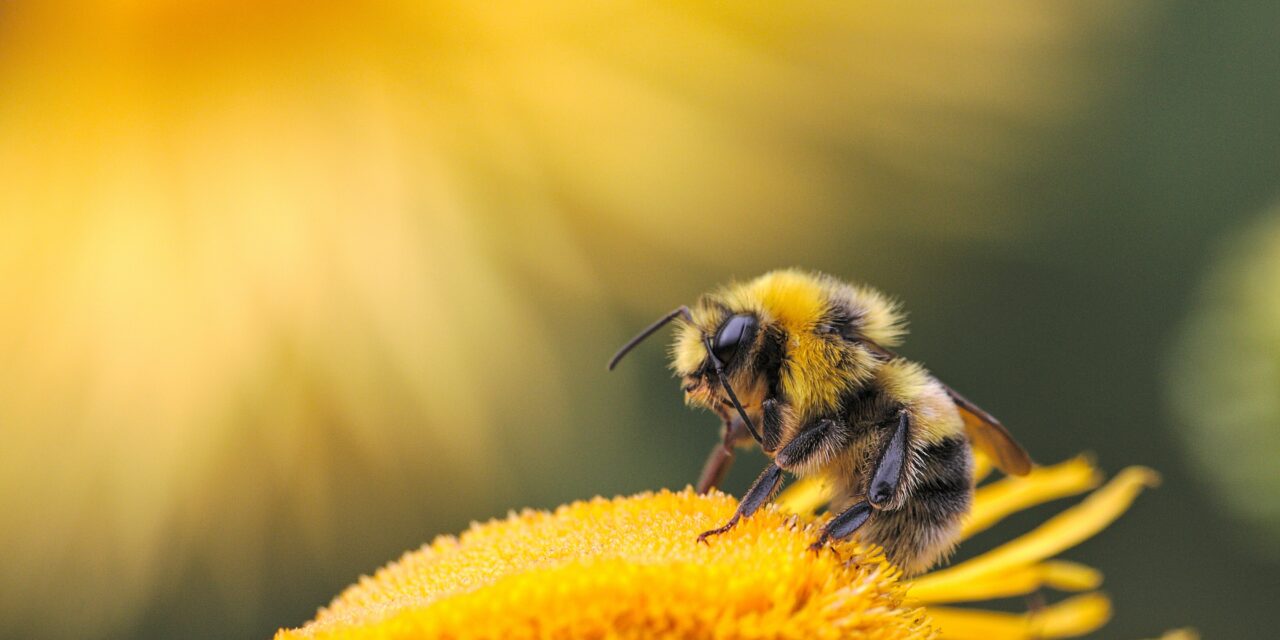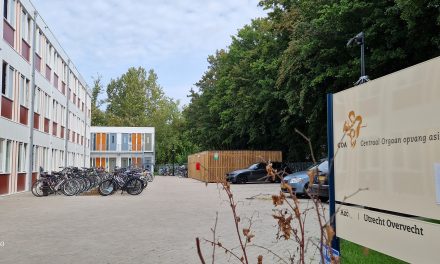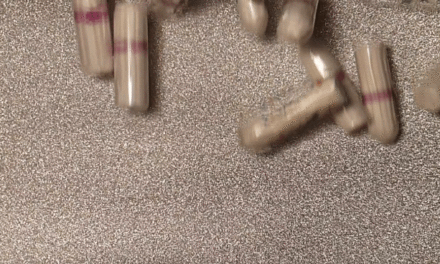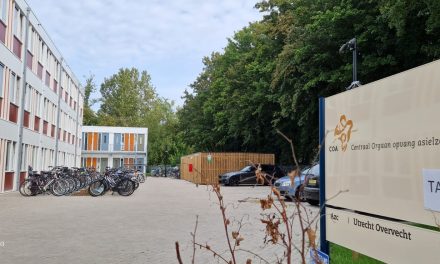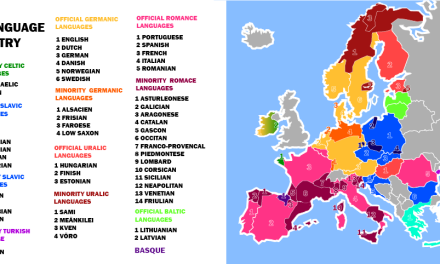Bees are not only making honey, lately they are making headlines for being endangered and in decline. The importance of bees is not to be underestimated, they are vital for pollinating plants, flowers and crops. In this interview Margriet Mantingh, a researcher on the impact of pesticides on insect and especially pollinator populations, underscores the importance of bees. She explains why protecting bees would be a good start for ensuring natural pollination throughout Europe.
Making money while making honey
Bees might not be as striking as giant pandas or rhinos, however unlike those big endangered mammals bees provide us with free labor. It’s hard to tell how much they contribute exactly, but according to research, commissioned by the EU, insect pollination contributes up to 15 billion euros to European agriculture annually. This is the equivalent of the total GDP of Albania. Therefore conservation of insects and especially bees would be economically feasible and a continued decline of bee populations would affect the European agriculture industry greatly.
Cross-pollination or crop starvation
The economic impact of bees could be regarded as significant, however it is incomparable to their impact on environment. According to the EU an estimated 4 out of 5 crops and wild flowers in the EU are to some extent dependent on insect pollination, with bees being the greatest pollinator. Bees are in part responsible for the resilience of nature as cross-pollination is key to thriving flora and fauna. Worldwide at least 30% of all crops and 90% of all plants require cross-pollination to thrive and spread. Since bees are the greatest pollinator this process highly relies on their presence.
Bee slowly becomes was
The decline and endangerment of bees is not caused by one particular reason, although human activities are connected to most factors which influence this decline. Especially the use of pesticides, but also the rise of urban areas, climate change, invasive species and reorganization of the landscape could all be causes for this decline. Currently roughly 9% of all bee species in the EU are endangered, this could give a distorted image as the data for over half of the bee species in the EU is not conclusive yet.
